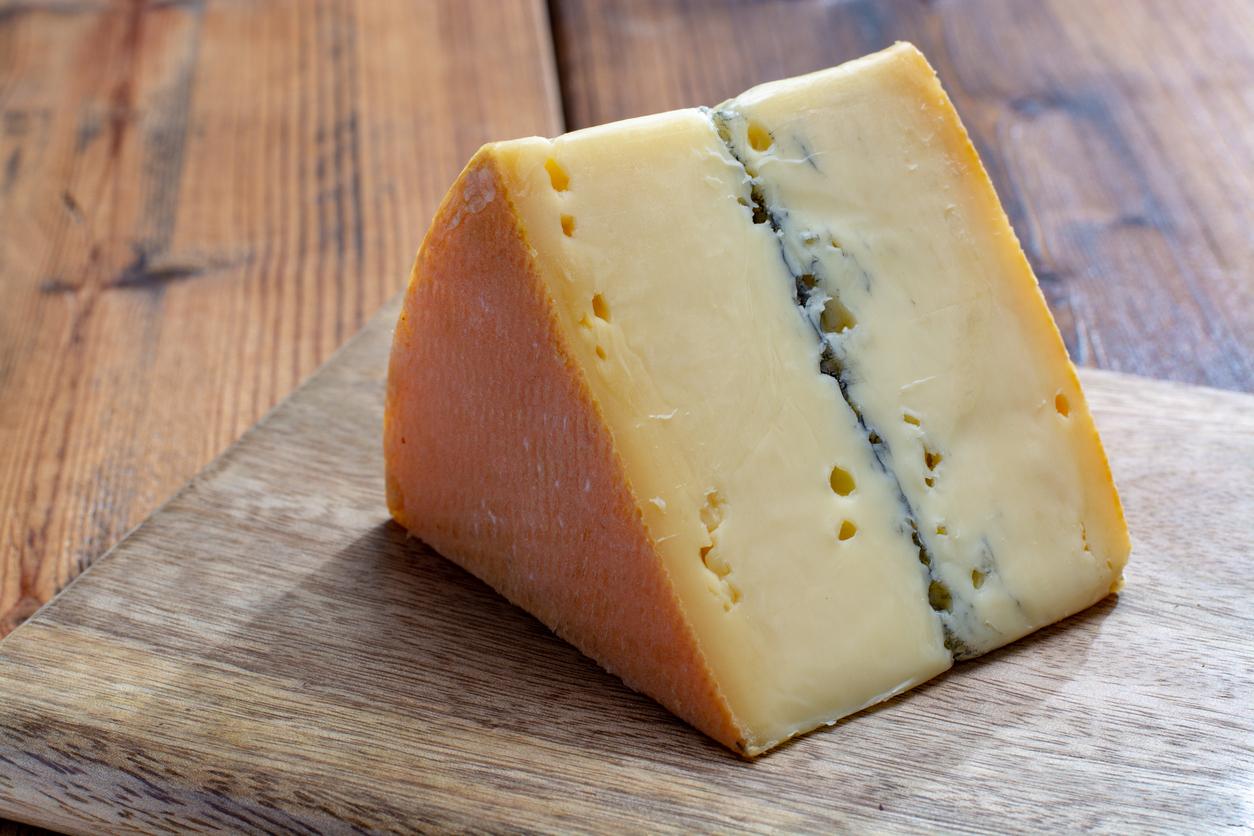After consuming cheese contaminated with E. Coli bacteria which had been the subject of a recall, two little girls were hospitalized in the Lyon region.

- According to the results of the analyses, Clara, an eighteen-month-old little girl, was indeed contaminated by the E.coli bacteria.
- The bacteria was in a cheese she ate in late December.
- This was the subject of a consumer recall.
The results of the analyzes are in: Clara, an eighteen-month-old little girl, was indeed contaminated by the bacteria Escherichia coli (E. coli), according to information from BFM TV.
Children sick after eating cheese
On December 19, Clara ate cheese, more precisely Morbier, and the consequences were serious. The little girl’s vital prognosis is in jeopardy. For three weeks, she is placed under dialysis and, for 25 days, in an artificial coma.
This Tuesday, February 6, she was admitted to a rehabilitation center in the Lyon region, where Clara and her parents live, because she still cannot eat or walk and her left hand is still paralyzed. In addition, she also suffers from kidney problems.
The cheese was contaminated with E. coli bacteria
Clara’s parents plan to take legal action. In fact, the morbier that she consumed was the subject of a consumer recall because it could be contaminated by E. coli bacteria. This is the same bacteria that caused the Buitoni pizza health scandalwhich caused the deaths of children.
In December, because of this cheese, another seven-year-old girl was infected. Since then, she is still on kidney dialysis and could, if her condition does not improve, undergo a kidney transplant.
The majority of E. coli strains are harmless, but there are some that are very pathogenic for humans. Once infected, the patient may have abdominal pain and diarrhea, which can progress to bloody forms, vomiting and fever.
This bacteria also produces toxins that “destroy the lining of blood vessels and cause clotting problems and high blood pressure“, according to the Pasteur Institute. In 10% of infected people, it can cause hemolytic uremic syndrome (HUS), fatal in 3 to 5% of cases.















